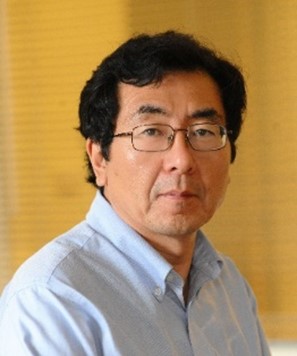CHE 598 Seminar: Applying Chemical Engineering Principles to Catalytic Reduction to CO2

About the event
SPEAKER:
Dr. Jingguang Chen, Thayer Lindsley Professor, Department of Chemical Engineering, Columbia University
BIOGRAPHY:
Dr. Jingguang Chen is the Thayer Lindsley Professor of Chemical Engineering at Columbia University, with a joint appointment at Brookhaven National Laboratory. He is the co-author of over 20 United States patents and about 500 journal publications, and he is recognized as a Web of Science Highly Cited Researcher. He is currently the President of the North American Catalysis Society, the Director of the Synchrotron Catalysis Consortium, and an Associate Editor of ACS Catalysis. He received many catalysis awards, including the George Olah Award on Hydrocarbon/Petroleum Chemistry from the American Chemical Society and the R.H. Wilhelm Award on Chemical Reaction Engineering from the American Institute of Chemical Engineers.
ABSTRACT:
Converting CO2 to value-added chemicals and fuels is one of the most practical routes for reducing CO2 emissions while fossil fuels continue to dominate the energy sector in the near future. In this talk we will present several routes in catalytic CO2 conversion: (1) CO2 hydrogenation by thermocatalysis, (2) simultaneous upgrading of CO2 and shale gas, and (3) CO2 reduction by electrocatalysis. We will use these examples to highlight the importance of combining exprimental studies, in situ characterization and density functional theory calculations for the mechanistic understanding of CO2 conversion. We will use the hydrogenation of CO2 to methanol as an example to illustrate challenges in achieving a net-reduction of CO2 by performing mass and energy balance analysis. We will demonstrate the application of chemical engineering principles, including thermodynamics, kinetics and transport, to the catalytic conversion of CO2. We will also discuss proof-of-principle results of several promising catalytic reactions using tandem processes to convert CO2 and light alkanes to syngas, olefins, aromatics and oxygenates.